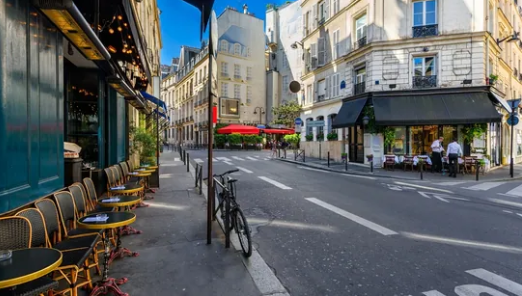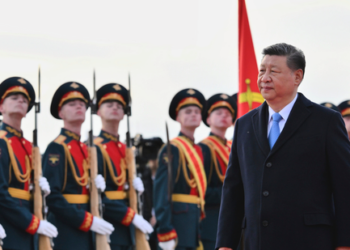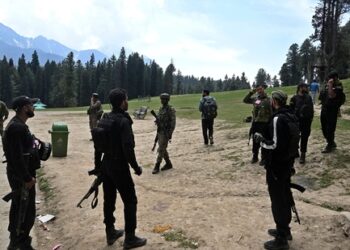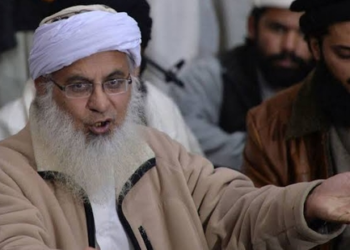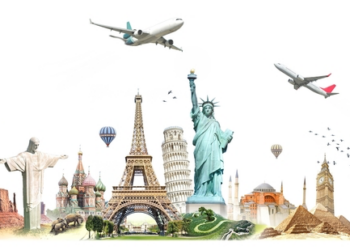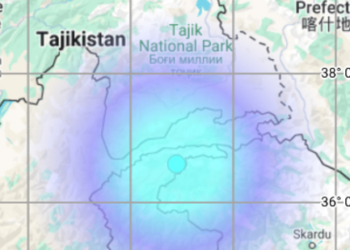Serbian university students continued their protests on Friday, piling old school books outside the education ministry in Belgrade to demand accountability for the collapse of a concrete canopy in Novi Sad that killed 15 people nearly two months ago. The demonstrations, which include student marches and scattered traffic blockades, have become a symbol of broader discontent with the government of President Aleksandar Vucic.
Traffic blockades took place at precisely 11:52 a.m., the time when the canopy at the Novi Sad railway station collapsed on November 1, claiming 15 lives. These blockades, held every Friday since the tragedy, last 15 minutes to honor the victims.
The canopy collapse, which many Serbians attribute to corruption and substandard construction during the railway station’s recent renovations, has fueled public outrage. The renovation projects, reportedly involving Chinese state companies, have drawn criticism for being part of questionable mega-projects under the current government.
Last Sunday, tens of thousands of people joined a massive rally in Belgrade, led by university students. Protesters carried red handprints, symbolizing accusations that the government has “blood on its hands.” The movement has received support from actors, farmers, and others frustrated with Vucic’s administration.
Prosecutors have arrested 13 individuals in connection with the tragedy, including a government minister. However, the minister’s subsequent release has deepened public skepticism about the integrity of the investigation.
In Belgrade, over 2,000 students marched to the education ministry, where speakers voiced their frustration with government officials and pro-government media. “We are tired of being labeled political mercenaries,” one student said, addressing the crowd. In Novi Sad, protesters criticized the state-run RT Vojvodina for its coverage of the protests and the canopy collapse.
While Serbian officials have dismissed the demonstrations as a “hybrid war” orchestrated by foreign intelligence, critics argue the government’s actions undermine Serbia’s aspirations for European Union membership by curbing democratic freedoms.
Support for Serbian protesters has extended to neighboring Bosnia, where students in Sarajevo and Banja Luka rallied in solidarity and highlighted their own grievances with governance and corruption.


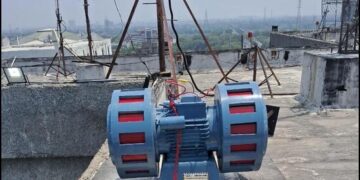

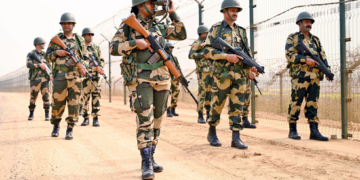
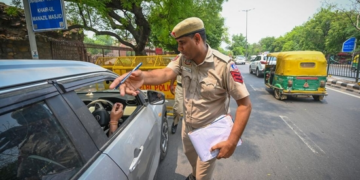
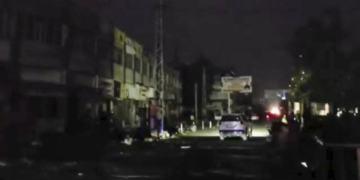
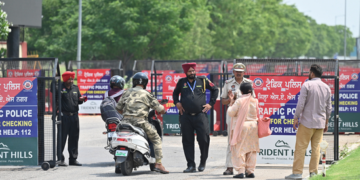
 India
India
